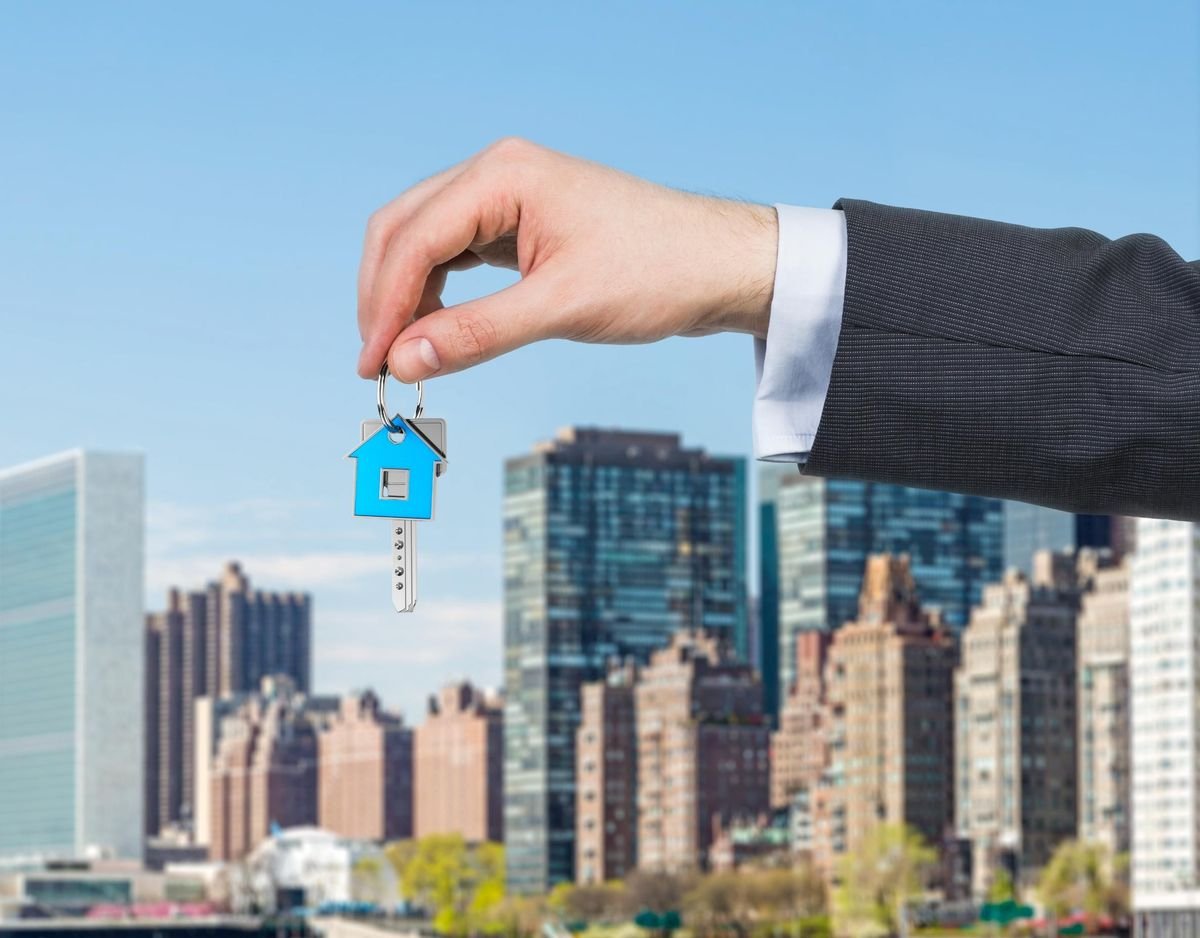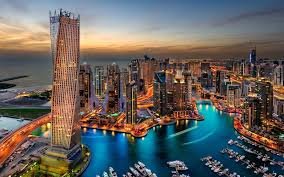Now Reading: Freehold vs Leasehold Property in Dubai: Key Differences Every Buyer Should Know in 2025
-
01
Freehold vs Leasehold Property in Dubai: Key Differences Every Buyer Should Know in 2025
Freehold vs Leasehold Property in Dubai: Key Differences Every Buyer Should Know in 2025

Dubai continues to be a global real estate hotspot, attracting investors, expatriates, and developers with its high-quality infrastructure, tax advantages, and investor-friendly regulations. As more individuals consider buying property in Dubai in 2025, one of the most important legal distinctions they must understand is the difference between freehold and leasehold ownership.
Both options offer unique advantages, and the right choice depends on your investment goals, budget, and long-term plans. This article provides a professional, SEO-optimized comparison between freehold and leasehold property in Dubai, helping buyers make informed decisions.
Table of Contents
What is Freehold Property in Dubai?
Freehold property ownership means that the buyer has complete legal ownership of both the property and the land it sits on. This type of ownership is indefinite and gives the owner full rights to sell, lease, or bequeath the property as they wish.

In 2025, freehold ownership remains the most preferred choice for both local and international investors in Dubai. The concept was introduced in 2002, allowing non-GCC (Gulf Cooperation Council) nationals to buy property in designated freehold areas.
Key Characteristics of Freehold Property:
- Full ownership of the unit and underlying land
- No time restrictions on ownership
- Right to sell, rent, or pass on the property through inheritance
- Often located in prime, well-developed areas
What is Leasehold Property in Dubai?
Leasehold property grants the buyer the right to use the property for a specified period—typically 30 to 99 years—without owning the land beneath it. After the lease expires, ownership reverts to the freeholder unless renewed under mutually agreed terms.
Leasehold properties are commonly found in areas where developers or landowners wish to retain long-term control over the land while allowing property transactions.
Key Characteristics of Leasehold Property:
- Right to occupy and use the property for a fixed term
- Ownership does not include the land
- Renewability of lease varies by contract
- Subject to annual ground rent and service charges
Areas Offering Freehold and Leasehold Properties
Freehold Zones in Dubai (open to foreign ownership):
- Dubai Marina
- Downtown Dubai
- Palm Jumeirah
- Business Bay
- Jumeirah Village Circle (JVC)
- Arabian Ranches
- Dubai Hills Estate
Leasehold Areas in Dubai (primarily available to UAE nationals and GCC residents or on long-term leases to expats):
- Deira
- Al Mankhool
- Al Karama
- Al Qusais
- Parts of Bur Dubai
In 2025, Dubai’s Land Department continues to regulate the designation of these zones, and foreign investors are advised to confirm the ownership type before committing to a purchase.
Pros and Cons of Freehold Property

Pros:
- Full control over the property
- Higher resale value and long-term investment potential
- Ability to pass property to heirs or third parties
- Eligibility for long-term residency visas (subject to investment thresholds)
Cons:
- Typically more expensive than leasehold
- Higher upfront costs, including registration and maintenance fees
- Responsibility for all property-related matters, including legal compliance
Pros and Cons of Leasehold Property
Pros:
- Often located in central or older areas with high rental demand
- Lower initial cost compared to freehold properties
- Suitable for short- to mid-term stays or rentals
Cons:
- Limited control beyond lease term
- Requires approval for significant modifications or renovations
- Lease expiration may result in the return of the property to the freeholder
- Subject to ground rent and potential renewal fees
Legal Considerations in 2025
In 2025, both freehold and leasehold transactions in Dubai are governed by the Dubai Land Department (DLD) and regulated under specific real estate laws. All sales must be recorded in the official registry, and buyers are advised to ensure the accuracy of ownership documentation through DLD’s official portals.
Important legal aspects to consider include:
- Lease agreement terms: Ensure clarity on lease duration, renewal options, and rights upon expiration.
- Developer or landlord obligations: For leasehold properties, understand the responsibilities for maintenance and utilities.
- Service charges and fees: Both freehold and leasehold properties are subject to annual service charges, which vary depending on the property type and community.
Buyers should work with RERA-certified real estate agents and seek legal advice where necessary to navigate ownership structures securely.
Impact on Resale Value and Investment

Freehold properties generally offer stronger long-term investment returns and higher resale potential. These properties appeal to end-users and investors due to the security of perpetual ownership and eligibility for mortgage financing.
Leasehold properties, while often more affordable, may attract fewer buyers on the resale market due to the limited term and potential concerns about lease renewals. However, they can still be profitable for short-term rentals or for buyers with limited budgets.
In recent years, Dubai has seen growing interest in affordable leasehold communities for rental income generation, especially from younger expatriates and first-time buyers.
Residency and Visa Benefits
One of the key attractions of freehold property in Dubai is the ability to apply for residency visas based on real estate investment. In 2025, the UAE offers:
- 10-Year Golden Visa: For property investments over AED 2 million
- 5-Year Investor Visa: For properties worth AED 1 million or more
Leasehold properties typically do not qualify for visa programs unless structured through long-term agreements with high-value developments. Freehold remains the preferred route for investors seeking both financial and residency benefits.
Choosing Between Freehold and Leasehold in Dubai
Choosing between freehold and leasehold depends on several factors:
- Purpose: Are you buying for personal use, rental income, or long-term investment?
- Budget: Freehold properties tend to have higher entry prices.
- Duration of stay: Leasehold may be suitable for short- to mid-term plans.
- Risk appetite: Freehold offers greater control, while leasehold may come with renewal uncertainties.
In general, freehold ownership is recommended for long-term investors and those seeking more control and capital growth, while leasehold suits buyers looking for affordability and shorter commitments.
Conclusion
Dubai’s real estate market in 2025 offers a wealth of opportunities for both local and international buyers. Understanding the differences between freehold and leasehold property is essential before making a purchase.
Freehold ownership provides full rights and long-term investment potential, making it ideal for those looking to build wealth or secure residency. Leasehold, on the other hand, offers lower upfront costs and access to central locations but comes with certain limitations.
By aligning your investment goals with the right ownership structure, and by seeking professional guidance, you can make a smart, strategic decision in one of the world’s most dynamic property markets.
WATCH MORE HERE: https://www.youtube.com/watch?v=79L2re4ys_k
READ MORE HERE:https://estatemagazine.ae/uae-property-laws-in-2025-key-legal-updates-e/



















